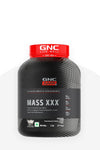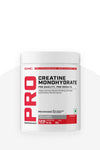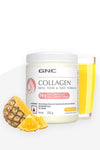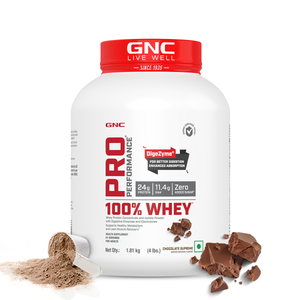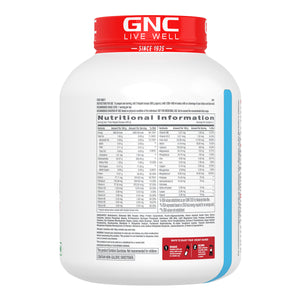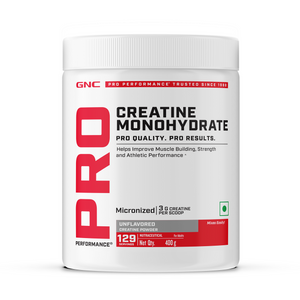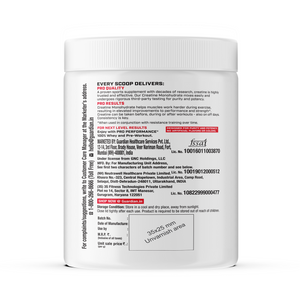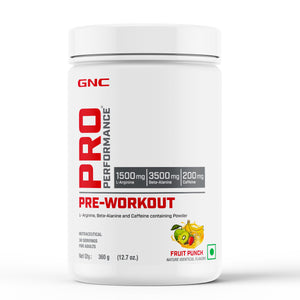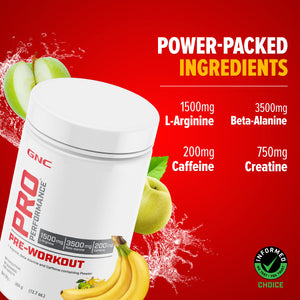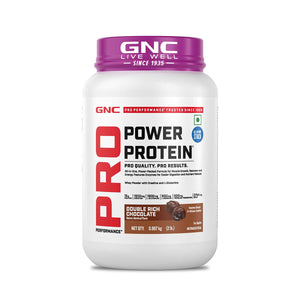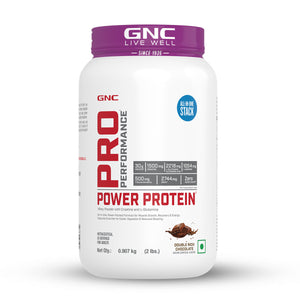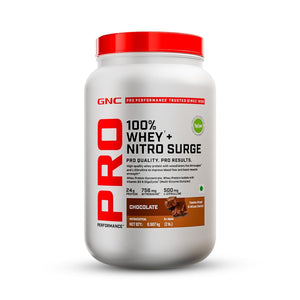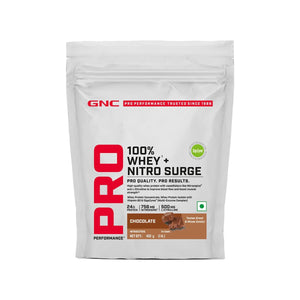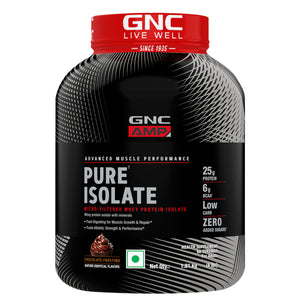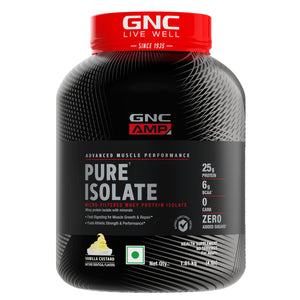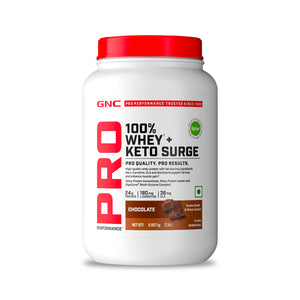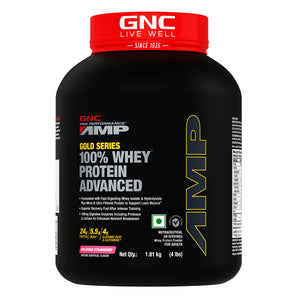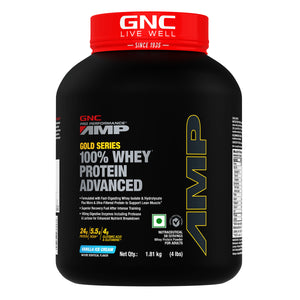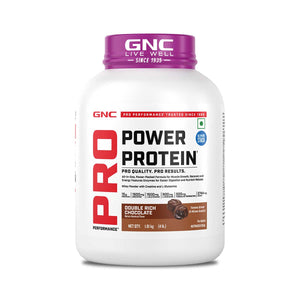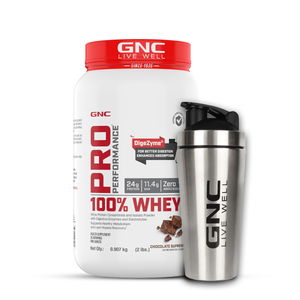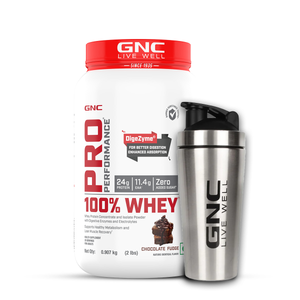
Whey Protein is the ideal protein for older people to help them reduce their muscle mass.
Changes in the metabolism and activity levels are associated with profound changes in body composition and various physiologic functions in individuals as we age.
A growing body of evidence reveals that whey contains many bioactive compounds that may have a positive effect on muscle loss and the general health of adults as they age.
Although all proteins are made up of amino acids, the quality of protein is generally reflected from the presence of essential amino acids. Commercially you can identify the quality of the whey protein by determining the Protein Efficiency Ratio (PER) or the protein digestibility corrected amino acid score (PDCAAS).

The score is based on a comparison of the essential amino acid content of a test protein with that of a reference essential amino acid pattern and a correction for differences in protein digestibility as determined using a rat assay. When compared to other plant-based proteins like black beans, wheat gluten, and peanuts, soy protein comes up on top. In fact, both soy and whey score a PDCAAS 1, qualifying them both equally as an excellent source of protein. The higher the PER value, the greater the quality of the protein.

Why Only Whey Protein Supplements?
A recent study was done on older adults to understand the effect of different forms of protein on increasing muscle loss and strength or commonly known as sarcopenia. (Ojikawa S.Y. et. al, 2018).
In this study, it was proved that in comparison to other protein supplementation – only supplemental whey protein augmented Lean Leg Mass (LLM) and muscle protein synthesis during recovery from inactivity and a hypo energetic state.
Hence, other proteins may or may not help in stopping lean muscle loss caused by inactivity, however, whey supplements helped to rebuild muscle once the participant’s activities resumed.
This study forms the base to realize that not all proteins are equal, it’s not the number that matters, but the quality is of the utmost importance.
Whey is one of the highest quality proteins and is ideal for older persons,” says Stuart Phillips, senior author on the paper and a professor of kinesiology at McMaster.
Another study revealed that between collage peptide and whey protein, whey protein helped rebuild the skeletal muscles faster and in a better way.
- Helps Manage Sarcopenia: Sarcopenia mainly happens due to loss of muscle mass rather than plain loss of strength per unit muscle mass. By ages 70-80, both men and women experience a 20-40% decrease in muscle strength. Muscle mass loss becomes a natural process during aging.Many factors are responsible for the loss, but low protein intake and exercise are some of the important ones. In one of the studies, it was clearly mentioned, that whey protein stimulates postprandial protein gain and limits body protein loss better than casein in older adults. One of the studies mentioned that after physical activity, ingestion of 3 -6 grams of essential amino acids or 10-20 grams of whey protein can improve protein synthesis in both young and older individuals.
- Bone Health: Recent evidence has shown dietary protein can help reduce muscle loss & risk of fracture in older women. According to one more study published by the American Journal of Nutrition (AJCN), 20 grams of whey protein consumed daily helped in the healing of bone fractures and prevented osteoporotic fractures. The rationale behind providing the benefits would be the presence of all the essential amino acids in the whey protein. Apart from protein, whey protein is also rich in calcium which may benefit the elderly in maintaining bone mass.
- Improves Muscle Mass: After the age of 50, people may lose about 1% of their muscle mass each year. Proteins being one of the important macronutrients help to maintain and grow muscle mass. Muscles are very important for the normal functioning of the body. Whey protein contains all 9 essential amino acids and it is quickly absorbed in the body, which makes it ideal protein to have it post-exercise or minimum once a day.
- Helps improve Joint Mobility: Proteins along with improving the bone mass also helps to improve joint mobility in older adults.
So, whey protein is not restricted to the specific age groups, but an essential nutrient for everyone.



